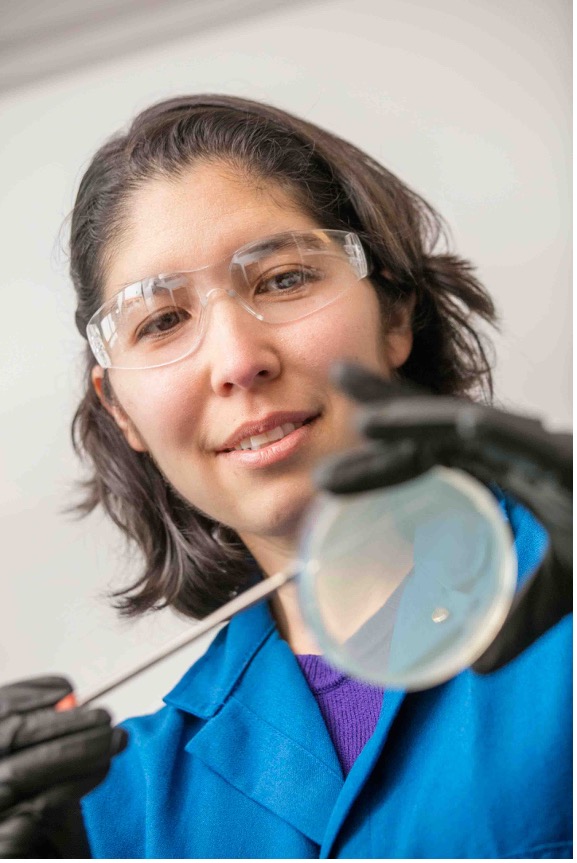The corrinoid model illuminates microbial community interactions across scales
Nutritional interactions are widespread among microbes and are major drivers of microbial community structure. Among the many metabolites shared among microbes are corrinoids, the vitamin B12 family of cobalt-containing modified tetrapyrroles. Corrinoids are used as cofactors for diverse metabolic processes in prokaryotes including the catabolism of various carbon sources and biosynthesis of methionine, deoxynucleotides, and natural products. An unusual aspect of corrinoids is their structural variability: corrinoids produced by different microbes have variations in their structure, and each organism has distinct preferences for the ~20 structural variants. Furthermore, corrinoids are produced only by a fraction of prokaryotes. These features together make corrinoids a powerful model for understanding metabolite-sharing interactions in microbiomes. We have found that different corrinoids have distinct effects on growth in cultured bacteria, and recent results demonstrate that addition of certain corrinoids can shift bacterial composition, even in the complex microbiomes of soil and human gut-derived communities. Studies of bacterial co-cultures, tri-cultures, and higher-order consortia show that different microbes have distinct roles in producing and competing for corrinoids. A greater understanding of corrinoid metabolism and structural specificity may lead to improved strategies for manipulating the composition and function of microbiomes.
Short bio
Michi Taga received her Ph.D. in Molecular Biology from Princeton University, where she investigated the function of the quorum sensing autoinducer AI-2 in the laboratory of Bonnie Bassler. She conducted postdoctoral research on bacteria-host interactions and vitamin B12 biosynthesis in the laboratory of Graham Walker at MIT and has been a faculty member at UC Berkeley since 2009.
Laboratory of the speaker
University of California, Berkeley
Plant & Microbial Biology
Invited by
Dr Olivier BERTEAU




